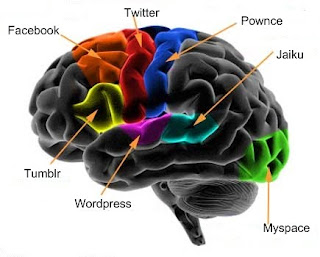
Not to be outdone by recent moves from Yahoo and News Corp, Google is getting busy in the Middle East market.
Google already dominates search among Arab-speaking users. Now it is making a serious play in Arabic digital content.
Its
release of Google Sites in Arabic and
four new Arabic editions of Google News (for Egypt, Lebanon, UAE and Saudi Arabia) represent a smart effort to expand beyond search into content.
Offering a free, Arabic version of Google Sites is designed to make customized website creation in Arabic a simple process with (of course) searchable results. Google powering Arabic content creation, pure and simple.
Arab publishers, especially regional newspapers, will need to speed up efforts to build strong news sites (and aggregators) and online brands, or risk permanently losing their readers to local Google News in Arabic.
Through search, Google is already the main gateway for most users to reach news sites. Middle East publishers will completely lose control over how their audience reaches them if Google News in Arabic succeeds, if they fail to build a direct relationship with their online readers.
Google moves in apps and news pale in comparison to the dollars and headlines of this week’s big investments of Yahoo and News Corp.
However …
Google is already the #1 site among Internet users in Saudi Arabia, Egypt, UAE, Jordan, Kuwait and Qatar.
If Google is able to penetrate both the Arabic content creation and news spaces, it will have a formidable position in the Middle East before the online market truly reaches its growth potential.
And it will have outflanked Yahoo, News Corp and all other comers.
Quick Hit: Google may also be
planning an expansion in Jordan, perhaps even siting their regional IT hub there.
 @jeffkaplan88
@jeffkaplan88 @jeffkaplan88
@jeffkaplan88



 The science of social media is starting to attract attention.
The science of social media is starting to attract attention.
 Not to be outdone by recent moves from Yahoo and News Corp, Google is getting busy in the Middle East market.
Not to be outdone by recent moves from Yahoo and News Corp, Google is getting busy in the Middle East market. The Middle East is hot, and global media companies are keen to grab a piece of its rapidly growing media market.
The Middle East is hot, and global media companies are keen to grab a piece of its rapidly growing media market.
